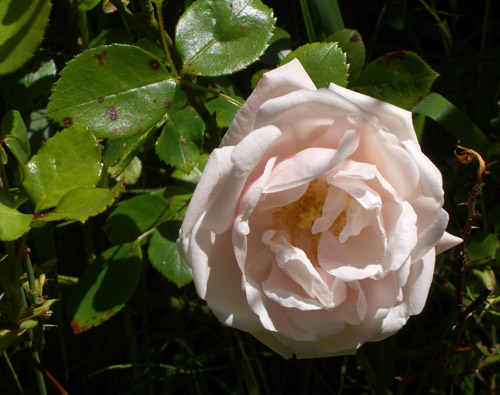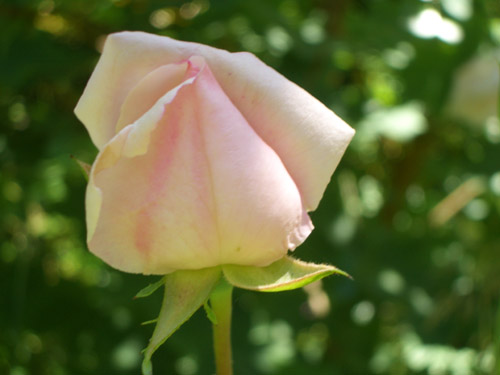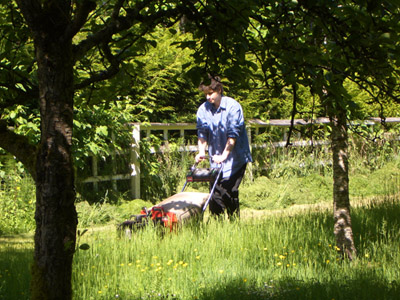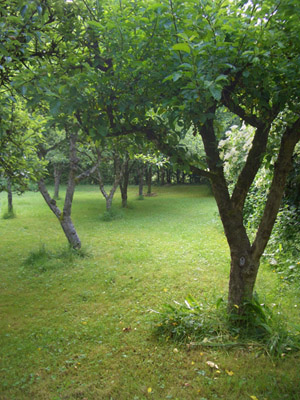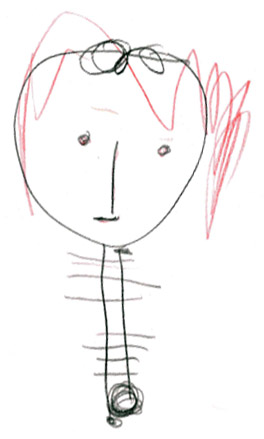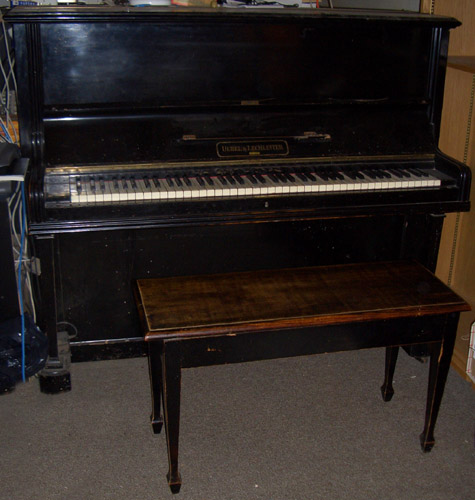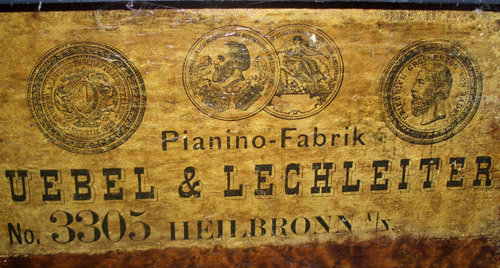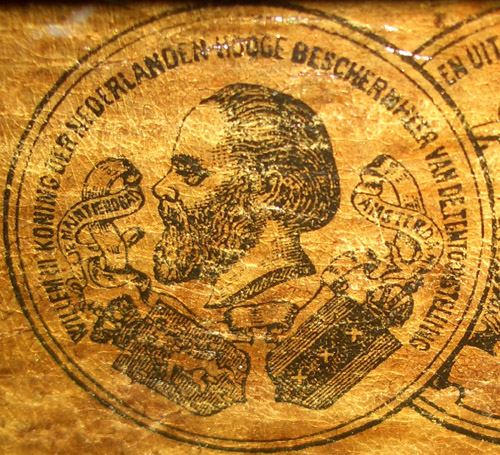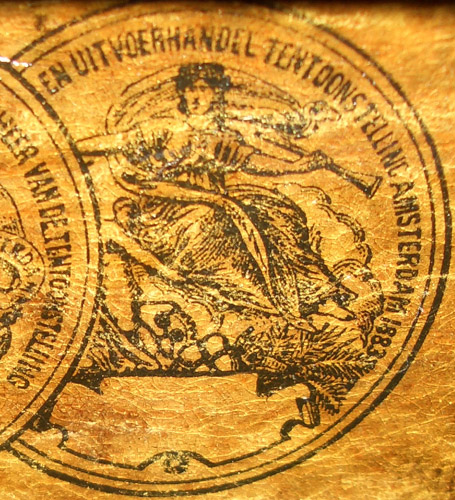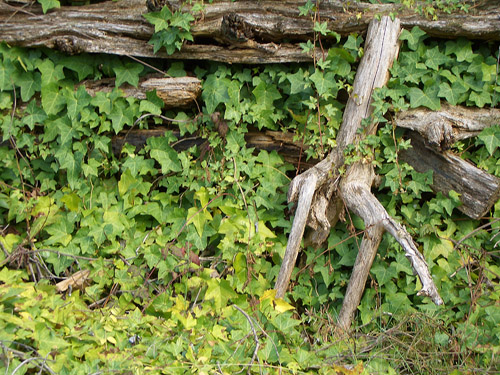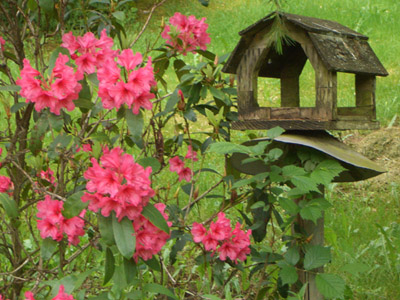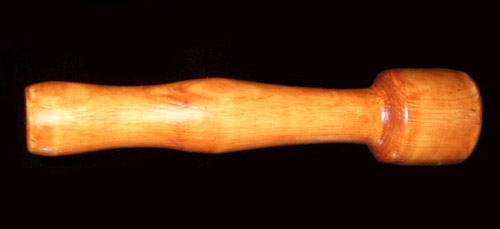Several months (possibly over a year) ago, my sister introduced me to
Project Gutenberg, an online source of texts that are in the public domain. The catalog includes all kinds of novels, periodicals, poems, encyclopedias, etc. available in many different languages. Most texts were written earlier than 1923, because later works tend to be protected by copyrights.
The project is not for profit, so it relies heavily on volunteers. One way that people can help is by proofreading texts (one page at a time).
I started proofreading last night, and I have already proofread forty-one pages (it's fun!). All but two (I think) were for a novel by Alexandre Dumas called
Création et rédemption: La fille du marquis (first volume). I chose the novel because it was marked "easy" (I was just beginning) and because I know French. There are also, of course, many English texts available, as well as texts written in Finnish, Greek, Spanish, Latin, etc.
I was surprised, given my previous experience with Dumas, to find the novel highly — almost ludicrously — melodramatic (more so than I expected). The most likely explanation, I think, is that the author of the novel is Alexandre Dumas, fils, rather than Alexandre Dumas, père. If nothing else, there is the fact that the date on the title page is 1875, which would tend to rule out the father (he died in 1870).
To give an example of the novel's melodrama, here is an excerpt of the text (after proofreading):
--Puis-je parler, demanda-t-il d'une voix ferme
à force de volonté, et m'écoutez-vous?
Eva joignit les mains, tourna ses beaux yeux
baignés de larmes vers Jacques.
--Oh oui! je t'écoute, dit-elle, comme j'écouterais
l'ange du jugement dernier.
Here is the same excerpt before I proofread it:
-- Puis-je parler, demanda-t-il d'une voix ferme
à force de volonté, et m "écoutez-vous?
Eva joignit les mains, tourna ses beaux yeux
baignes de larmes vers Jacques.
-- --Oh oui ! je L'écoute, dit-elle, comme j'écoute-rais
l'ange du jugement dernier.
And, finally, in English (for those who don't speak French/freedomtalk):
"May I speak?" he asked with a voice rendered firm
through the force of his will, "and will you listen?"
With clasped hands, Eva turned her beautiful eyes
bathed in tears towards Jacques.
"Oh yes! I will listen," she said, "as I would listen
to the angel of Last Judgement."
Angel of final judgement? Angel on Judgement Day? I wasn't entirely sure about that part.
Anyway, from what I've read, neither Eva nor Jacques seem at all rational or likeable. Perhaps I would be more sympathetic if I had read the beginning of the book (I came in on the forty-fifth page). As it is . . .
Questionable plots, characters and dialogue aside, this proofreading is very enjoyable. I hope to rise rapidly through the ranks, so that I can have access to some of the harder texts (some of which look very interesting).
Edited to add: It appears I was mistaken about the author of
Création et rédemption: La fille du marquis; it was Alexandre Dumas, père, after all.
La fille du marquis is the second volume of
Création et rédemption, and it was published posthumously. My apologies, especially since Alexandre Dumas, fils, probably has a completely different style, which would not be confused with his father's by anyone with half a brain. :o)
